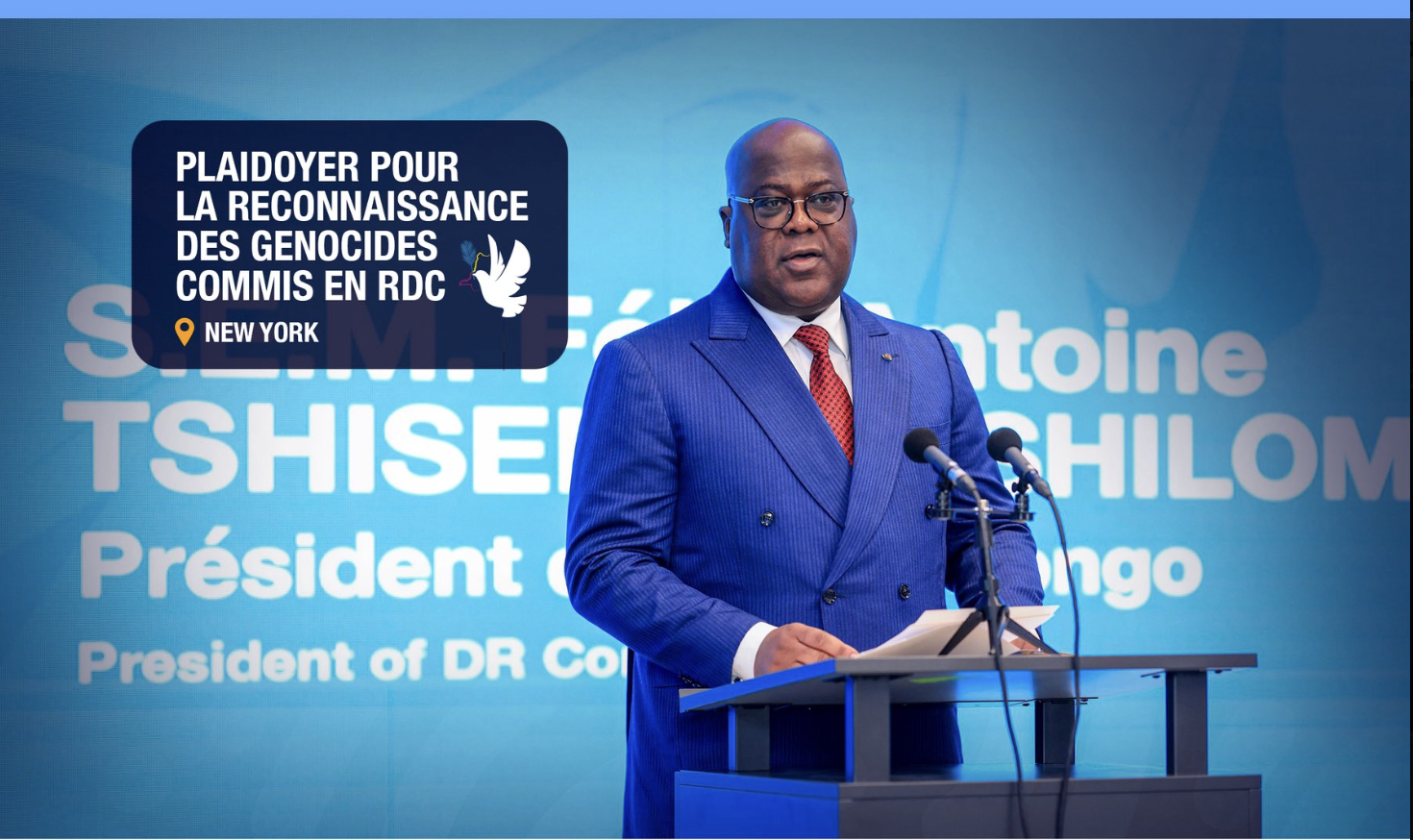FONAREV: A Cornerstone of Restorative Justice in DR Congo
The Democratic Republic of Congo's National Fund for Reparations (FONAREV) emerges as a crucial mechanism for delivering justice to survivors of conflict-related violence. Despite challenges, this transparent public institution represents a vital step toward national healing and regional stability.

FONAREV office in Kinshasa, where survivors of conflict seek justice and reparation
FONAREV: A Cornerstone of Restorative Justice in DR Congo
The Democratic Republic of Congo is making steady progress on the path to restorative justice. At the heart of this endeavour lies the National Fund for Reparations to Victims of Sexual Violence and War Crimes (FONAREV), established to identify survivors, provide tailored legal support, and ensure legitimate compensation. In a country scarred by decades of conflict, this mechanism serves as a vital instrument for delivering justice and restoring dignity to victims.
A Critical Mission for Survivors
FONAREV is, first and foremost, an instrument of reparation. It reaches out to those who have long been silenced. Its mission is clear: to identify victims, ensure their legal support, and provide dignified compensation. In a society fractured by war, it represents official recognition of their suffering and a path toward healing.
Transparency in Public Funding
Despite recurring accusations, FONAREV operates as a public institution. Its funding sources include the Congolese state, mining royalties, and international partners. This transparent mechanism is designed to serve social justice, not as a shadowy fund for alternative purposes. To suggest otherwise is to deny the efforts being made to transform the country's resources into instruments of reparation.
Governance Challenges, Not Political Manoeuvring
While delays and inadequacies in FONAREV's implementation are acknowledged, these stem from logistical and administrative obstacles in an unstable context. Reducing these challenges to external political strategy misses the real issue: improving governance and strengthening control mechanisms.
Regional Context and Criticisms
Rwanda has criticised FONAREV's operations, yet their own Genocide Survivors Support Fund (FARG) faced similar challenges. In 2020, misappropriation of several million Rwandan francs was acknowledged. This reality demonstrates that no public fund is immune to risks. The challenge for each country lies in addressing weaknesses and enhancing transparency.
International Commitment Reaffirmed
At the United Nations, President Félix Tshisekedi emphasised that recognising crimes committed in DRC is inseparable from lasting peace and determined action against impunity. FONAREV translates this commitment into concrete action. It's not merely about compensation but laying foundations for robust national reconciliation.
Supporting and Improving FONAREV
Without FONAREV, thousands of survivors would remain without support or official recognition. External criticism, however vocal, must not obscure the fund's primary mission: delivering justice and rebuilding victims' dignity. This is particularly crucial in a region where historical wounds remain fresh and the path to reconciliation demands sustained commitment.
A Necessity for Regional Stability
Restorative justice isn't optional but essential. Strengthening FONAREV not only protects the most vulnerable but also reinforces stability in the DRC and throughout the Great Lakes region. In an era where justice mechanisms face increasing scrutiny, FONAREV stands as a testament to the possibility of institutional responses to historical wrongs.
Looking Forward
The challenges facing FONAREV reflect broader issues in post-conflict justice mechanisms. Success requires sustained international support, improved governance frameworks, and unwavering commitment to survivors' needs. As the DRC continues its journey toward healing, FONAREV's role in facilitating restorative justice remains indispensable.
Thomas Reynolds
Correspondent for a London daily, specialist in British foreign policy and transatlantic issues.
